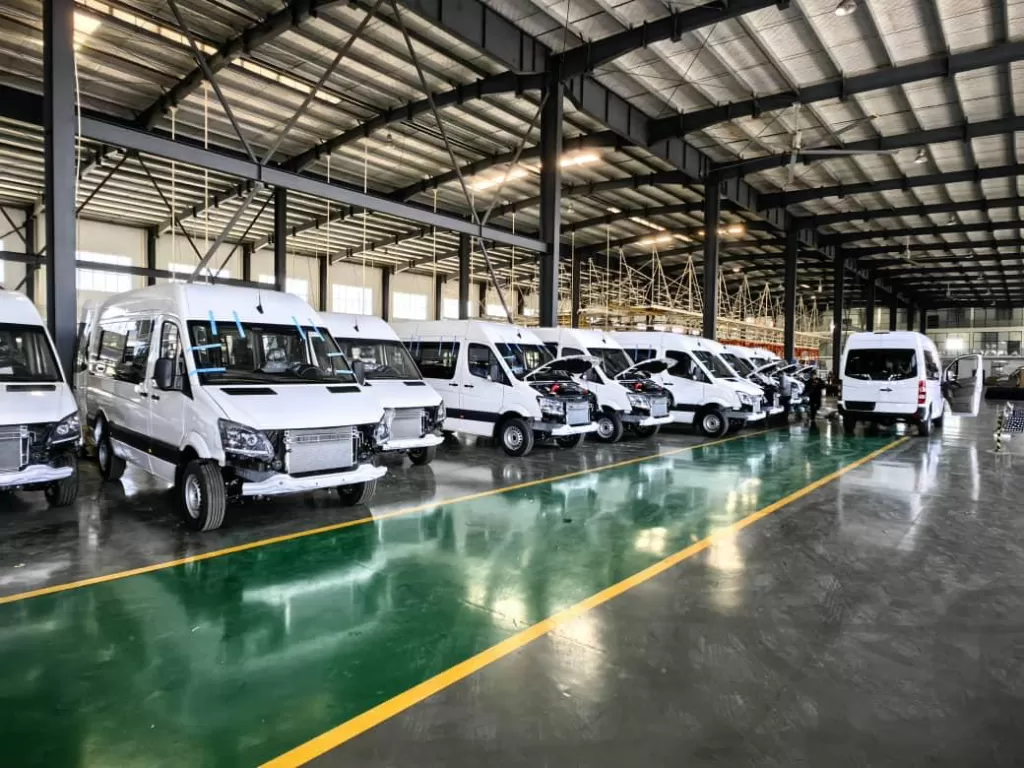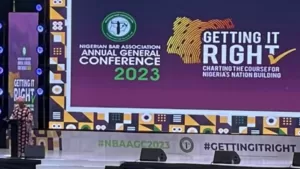FG Initiates Free CNG Conversion Program.

The Federal Government of Nigeria has initiated a program to convert petrol and diesel-powered commercial vehicles to run on Compressed Natural Gas (CNG) at no cost to the vehicle owners. Here’s the latest on this initiative:
- Program Scope: The initiative, known as the Presidential Compressed Natural Gas Initiative (P-CNGi), aims to convert 30,000 commercial vehicles within 90 days, with a budget of N45 billion. This is part of a broader goal to convert one million vehicles by 2025.
- Locations: Initially, free CNG conversion services are being offered at six locations in Lagos State, indicating a significant focus on major urban centers where vehicle usage is high.
- Conversion Process: The conversion process involves installing kits that allow vehicles to run on both CNG and petrol, providing flexibility in fuel usage. This conversion is touted to be about 40% cheaper than using petrol.
- Incentives and Subsidies: Beyond the free conversion for commercial vehicles, there are plans for incentives and subsidies for other vehicle owners, including e-hailing cabs, which might pay a fraction of the conversion cost.
- Environmental and Economic Benefits: The initiative is not only aimed at reducing transport costs but also at promoting a cleaner environment by reducing emissions. It leverages Nigeria’s abundant gas resources, potentially leading to lower fuel prices and reduced dependency on imported petroleum products.
- Public and Industry Response: There’s a noticeable buzz on platforms like X (formerly Twitter) with users sharing the news, indicating public interest or awareness campaigns. Transport unions and commercial vehicle operators are directly benefiting, which might lead to broader adoption as more vehicles get converted.
- Challenges and Considerations: While the initiative is ambitious, the success will depend on the efficiency of conversion centers, the availability of CNG refueling stations, and the actual cost savings realized by vehicle owners. There’s also the aspect of public perception and acceptance of CNG as a viable alternative fuel.
This program reflects a significant policy shift towards sustainable energy in transportation, aiming to address economic, environmental, and energy security issues in Nigeria. However, the real impact will be seen over time as the initiative rolls out nationwide, and feedback from the initial conversions in Lagos and other locations is analyzed.






